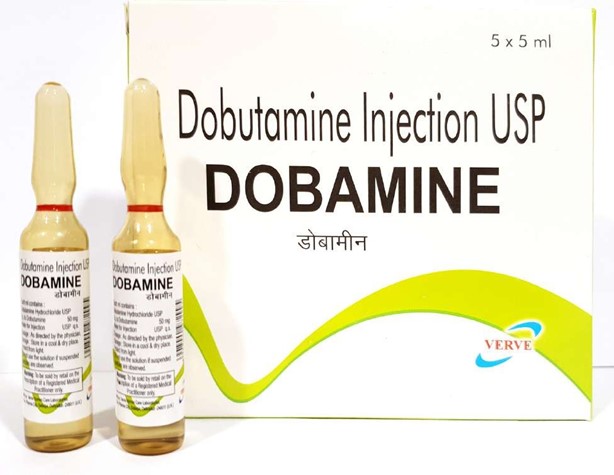A physician orders Dobutamine 10 mcg/kg/min for a patient. The patient is 110 lb.
How many milligrams per hour should the patient receive?
0.5 mg/hr
30 mg/hr
60 mg/hr
145 mg/hr
The Correct Answer is B
To calculate the dose of dobutamine in mg/hr, we need to convert the patient's weight from pounds (lb) to kilograms (kg) and then use the ordered dose of 10 mcg/kg/min.
1 lb = 0.453592 kg (rounded to 6 decimal places) Patient's weight in kg = 110 lb x 0.453592 kg/lb
Patient's weight in kg = 49.89512 kg (rounded to 5 decimal places)
Now we can calculate the dose of dobutamine in mg/hr using the following formula:
Dose (in mg/hr) = Weight (in kg) x Dose (in mcg/kg/min) x 60 (to convert minutes to hours) / 1000 (to convert mcg to mg)
Dose (in mg/hr) = 49.89512 kg x 10 mcg/kg/min x 60 / 1000
Dose (in mg/hr) = 29.937072 mg/hr (rounded to 3 decimal places)
Therefore, the patient should receive a dose of approximately 29.9 mg/hr of dobutamine.

Nursing Test Bank
Naxlex Comprehensive Predictor Exams
Related Questions
Correct Answer is A
Explanation
The Joint Commission has a list of approved medical abbreviations that should be used to prevent miscommunication and errors in healthcare settings.
Out of the abbreviations listed in the
Question , only "IV" (for intravenous) is on the Joint Commission's list of approved abbreviations.
"IU" (for international unit) is not on the list because it can be misinterpreted as "IV" (intravenous) or "10" (the Roman numeral for 10).
"QD" (for once daily) is also not on the list because it can be misinterpreted as "QID" (four times daily) or "QOD" (every other day).
"QOD" (for every other day) is also not on the list because it can be misinterpreted as "QD" (once daily) or "QID" (four times daily).
Therefore, the correct answer is A. IV.
Correct Answer is C
Explanation
The correct answer is choice C, 3 tablets. To calculate the number of tablets, divide the ordered dose by the available dose:
75 mg ÷ 25 mg = 3
The nurse should administer 3 tablets of Coumadin 25 mg to the patient to give a total dose of 75 mg.
Whether you are a student looking to ace your exams or a practicing nurse seeking to enhance your expertise , our nursing education contents will empower you with the confidence and competence to make a difference in the lives of patients and become a respected leader in the healthcare field.
Visit Naxlex, invest in your future and unlock endless possibilities with our unparalleled nursing education contents today
Report Wrong Answer on the Current Question
Do you disagree with the answer? If yes, what is your expected answer? Explain.
Kindly be descriptive with the issue you are facing.
